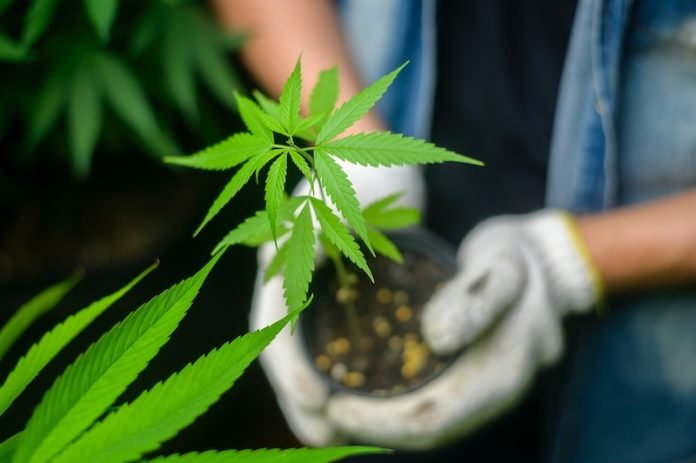
A new study indicates that individuals who use both tobacco and cannabis are more likely to suffer from anxiety and depression compared to those who use only tobacco or neither substance.
Conducted by researchers from the University of California, San Francisco, the study was published this week in the open-access journal PLOS ONE.
Study Highlights
The research involved an analysis of data from 53,843 U.S. adults who participated in online surveys for the COVID-19 Citizens Health Study, spanning 2020 to 2022. Of the participants:
- 4.9% reported tobacco-only use
- 6.9% reported cannabis-only use
- 1.6% reported using both substances
In the co-use group, 26.5% reported experiencing anxiety, and 28.3% reported depression. In contrast, among those who did not use either substance, only 10.6% reported anxiety, and 11.2% reported depression.
The study found that the likelihood of experiencing these mental health issues was 1.8 times higher for individuals who used both substances compared to non-users.
Co-use and cannabis-only use were also associated with a higher likelihood of having anxiety compared to tobacco-only use.
Correlation, Not Causation
It’s important to note that while the study establishes a correlation between co-use and poor mental health, it does not determine causation.
In other words, while people who use both substances are more likely to report anxiety and depression, it’s unclear whether the substances are causing these conditions, or if people with these conditions are more likely to use these substances.
Recommendations for Addressing the Issue
Given these findings, the researchers suggest that tobacco and cannabis cessation programs should integrate mental health support to effectively address the apparent link between substance use and poor mental health outcomes.
The authors conclude: “Engaging in both tobacco and cannabis is linked to diminished mental well-being.”
With increasing legalization of cannabis and a concurrent rise in co-use of cannabis and tobacco, this study is particularly timely.
It draws attention to the potential mental health risks associated with co-use, serving as a call to healthcare providers and policymakers to consider mental health services as part of substance cessation programs.
As our understanding of the interactions between substance use and mental health continues to grow, these findings may provide valuable guidance for clinicians and public health initiatives aimed at reducing the harm associated with substance use.
If you care about mental health, please read studies about 6 foods you can eat to improve mental health and B vitamins, vitamin D may help prevent depression, and anxiety.
For more information about mental health, please see recent studies about 5 signs of depression you shouldn’t ignore, and results showing new drug could start fighting depression in just 2 hours.
The research findings can be found in PLOS ONE.
Follow us on Twitter for more articles about this topic.
Copyright © 2023 Knowridge Science Report. All rights reserved.



